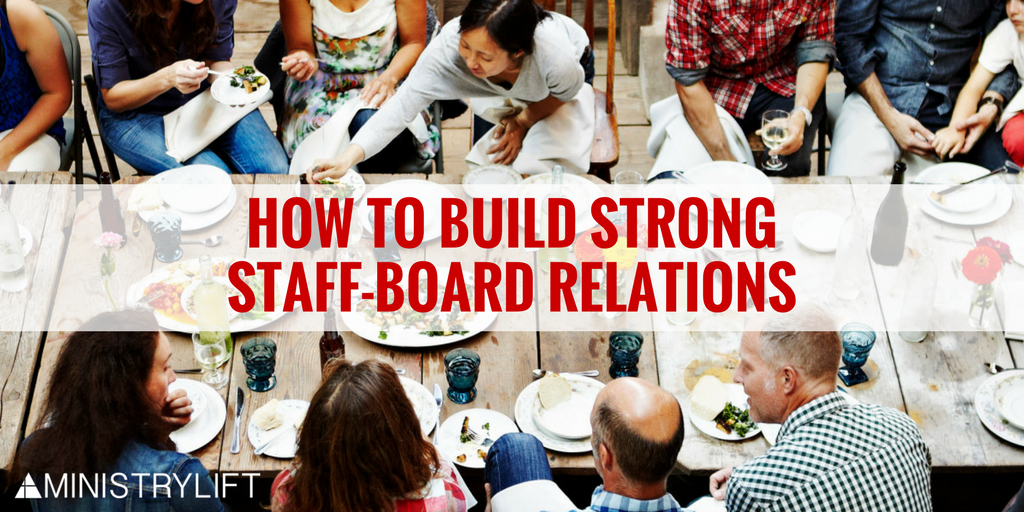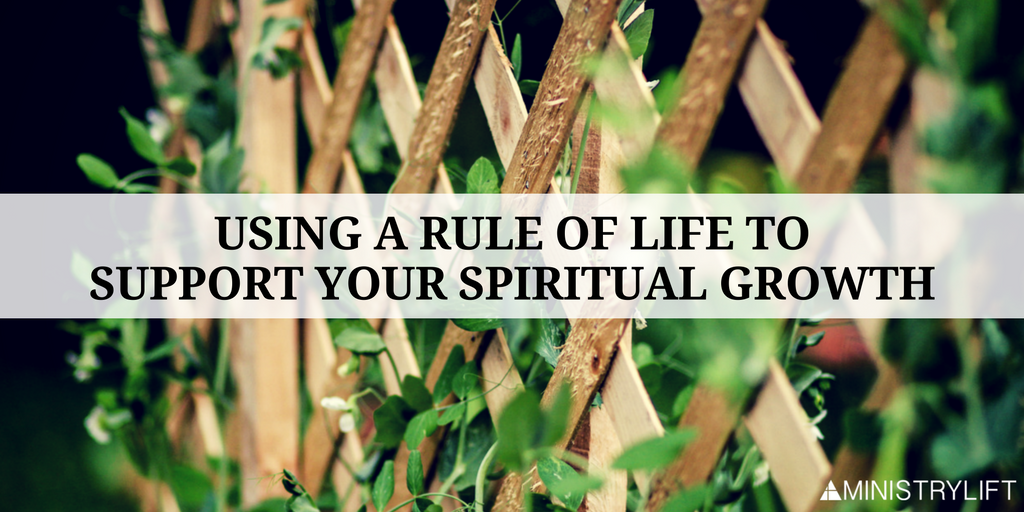Your Pastor's Emotional Vocabulary is a Key to their Sustainability
I was 24 years old when I sat down in a counseller’s office for the first time. My fiancé was seated next to me and I remember studying the room in nervous anticipation for what would happen next. What do you talk about during premarital counselling?
The counsellor greeted us warmly and asked some questions that didn’t require much thought. But later, he probed a bit further and asked something that I was completely unprepared for. My fiancé had just explained how she felt loved and appreciated when I spent focused time with her. After listening intently, the counsellor turned to me and said, “and how does that make you feel, Keith?”
“How do I feel about what?” I asked.
“How does it make you feel knowing that Melissa feels loved when you spend time with her?”
How do I feel about how she feels? I thought to myself. I wasn’t sure what to say, but I mustered a confident, “Good,” and left it at that. In retrospect, I believe I said this more as a question than an answer, but I was too busy exhaling from my moment of vulnerability to notice.
"Good" isn't a feeling
“Good isn’t a feeling,” the counsellor quickly replied. “Tell me how you feel.”
Good isn’t a feeling? I thought. What’s that supposed to mean? I’ve been telling people I feel good for years.
“‘Good’ describes an object or a condition,” the counsellor explained. “It doesn’t express how you feel. I want to know how you feel.”
Forced into choosing a different word, I struggled to identify my actual emotion. But the counsellor was well prepared. He gave me a long list of emotions to look over and the options were greater than an eight-year-old’s Christmas list. That experience taught me that I was keenly unaware of my feelings. Suddenly equipped with hundreds of emotions to choose from, I discovered I had been using less than ten words to describe virtually every experience I had ever had.



